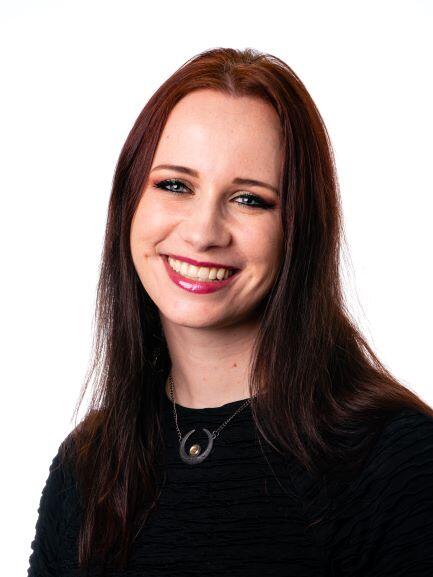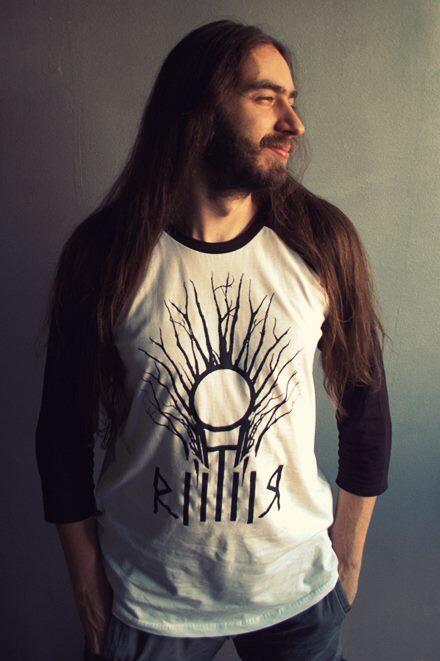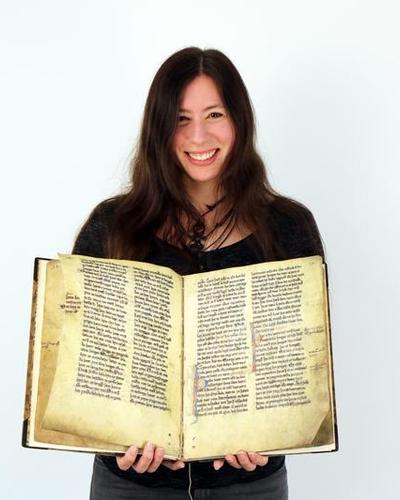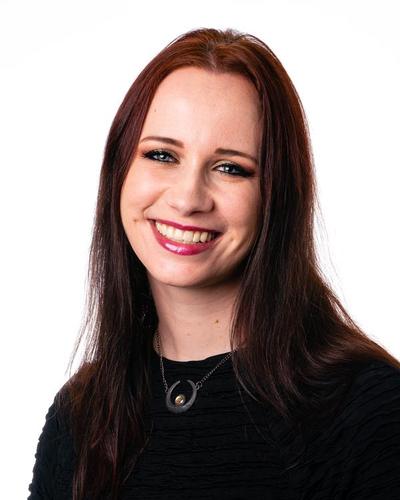Illegible Semantics: Metal logos from a designer and data-driven perspective
Visualization theory, professional design expertise and a dimensional framework
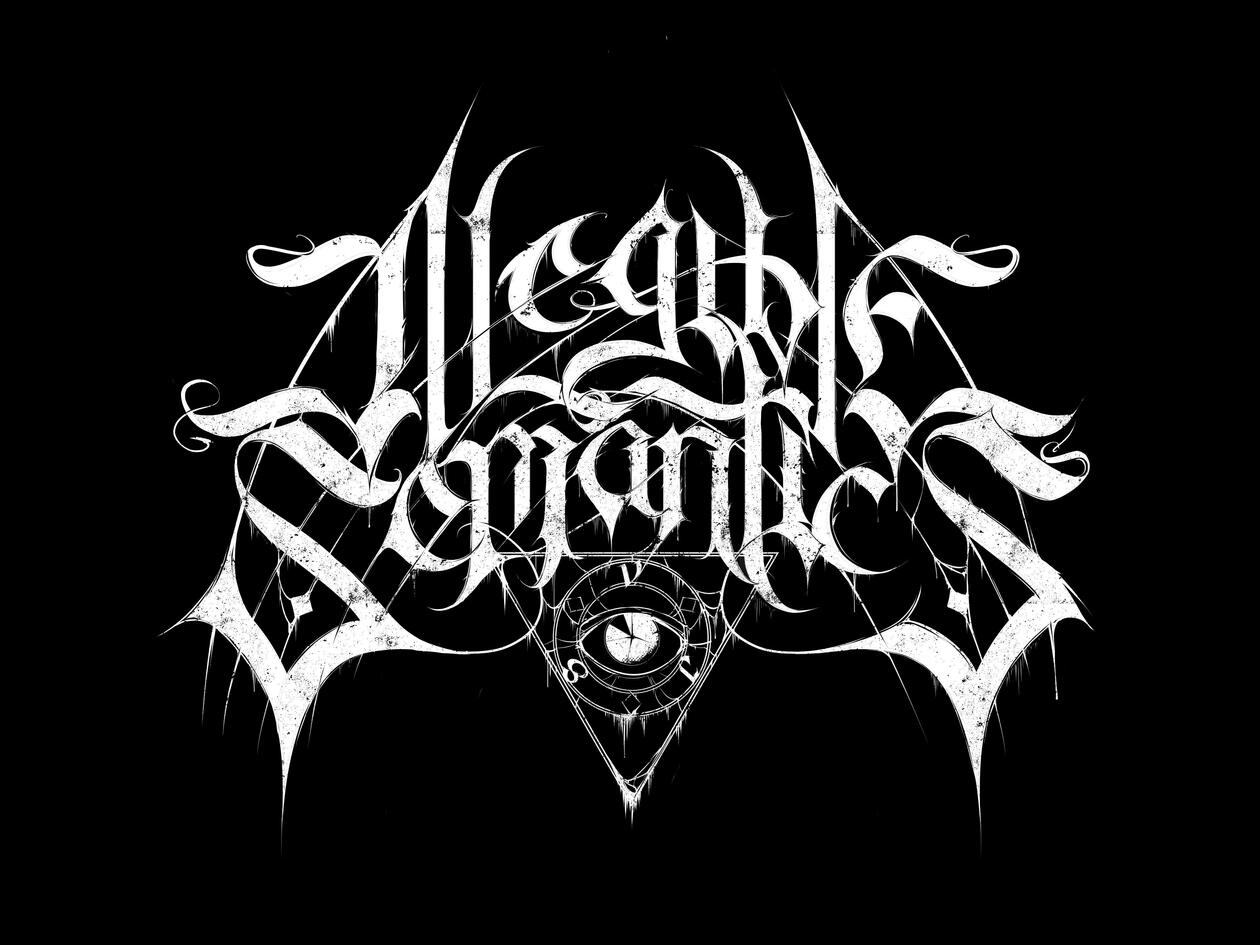
Main content
Heavy Metal. Most people think it’s heavy music, but they probably never heard of Extreme Metal. It’s an acquired taste. Its insular quality is reflected in the band logos that are readable only to those privy to the music and its aesthetics.
However unreadable they are for most, they communicate sophisticated notions of genre and emotional affect while flaunting the rules of what is considered good typography. Even so, there is a method to the madness. There is a “language” of metal logos and there are semantics at play in some ways, no matter how illegible. In our paper, ‘Illegible Semantics’, we explore the ways that such typographic design can communicate information while being unreadable in the traditional sense.
Drawing on visualization theory and professional design expertise we proposed a dimensional framework to explore the creation and methods of metal logo design. In parallel, we developed a data-driven tool to analyze and characterize thousands of actual band logos. In this talk, we will present a brief history of metal music, visualization theory, and how the two come together with a characterization of metal logos in our preliminary work on illegible semantics.
Speakers:
Gerrit “Tundra Toucan” Rijken got a B.A. in History at the Erasmus University Rotterdam in 2007, and in the years following he tried his hands at teaching. But that was not his vocation.
Now he has spent the last years in Bergen working as a semi-professional illustrator and designer who mostly works with bands that you probably never heard of, doing extreme metal artwork and logos. Especially logos. You know the ones -- the ones that are indecipherable and unreadable to most people.
Over at his website, http://www.tundratoucan.com, you can find some of his work.
Noeska Smit is an Associate Professor (tenure track) in the visualization research group at the University of Bergen, Norway, since 2017, where she leads a team researching multimodal medical visualization. She is also affiliated to the Mohn Medical Imaging and Visualization (MMIV) centre as a senior researcher at the Haukeland University Hospital. After working as a radiographer for three years, she completed her studies in Computer Science at the Delft University of Technology, the Netherlands, specializing in Computer Graphics and Visualization in 2012. In 2016, she obtained her PhD in medical visualization at the same institute. Currently, she researches novel interactive visualization approaches for multimodal medical imaging data.
